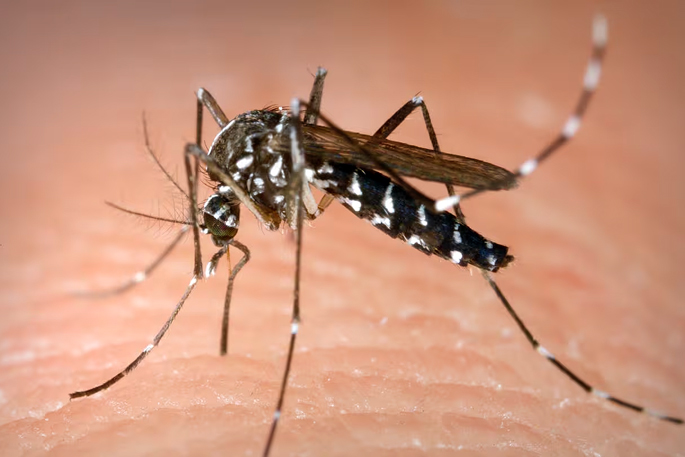The Ministry of Primary Industries is set to conduct research into a deadly virus that could be an increasing threat to New Zealand because of climate change.
Japanese encephalitis virus is a disease spread from animals to humans through mosquitos.
While symptomatic cases of the virus are rare, those that get symptoms can suffer serious damage to the nervous system or death.
Concerns at MPI were first raised in February 2022, when a previously rare genotype of the virus was confirmed as the cause of an outbreak of reproductive problems in pig herds in New South Wales.
The disease was then found in all Australian mainland states and the Northern Territory.
Since January 1, 2021, seven people in Australia have died because of it.
MPI has told RNZ that the risk of the JEV establishing in New Zealand was low, but could increase in the next 15-20 years, due to climate change.
MPI is now conducting research to identify the highest risk locations in New Zealand for the establishment of the disease, so that it can target ongoing surveillance.
Epidemiologist Professor Roger Morris wrote a paper on the risk of the virus to New Zealand in 2023 and told RNZ he had been encouraging MPI to do this work.
Morris says if the virus gets into New Zealand, it would be good to detect it quickly.
"The main concern with this is the potential for human cases to occur in New Zealand as they did very suddenly in Australia."
He says the disease will most likely make its way to New Zealand through mosquito lavae on boats or waterbirds that travel across the Tasman Sea.
Morris told RNZ he's quite concerned about the risk that climate change poses in relation to the disease.
"We already have a mosquito in New Zealand that is quite capable of transmitting this virus, but it will transmit more effectively if temperatures go up.
"There are a number of other diseases that are spread by mosquitos that will become more likely if temperatures go up, but we're particularly concerned by Japanese encephalitis because of the ease with which it spreads."
MPI's research into JEV is set to start over the coming year with findings published by 2028 - the timeframe is impacted by the seasonal work needed to trap mosquitos.
The agency also tests for JEV as part of their annual arbovirus surveillance. It tests cattle blood samples annually from 128 farms - all of which have been negative.
Last year, 100 dog blood samples were also tested to help validate MPI's tests, which were also all negative.



1 comment
Here we go
Posted on 15-06-2024 08:02 | By Mein Fuhrer
Blame everything on climate change. Big bloody scam
Leave a Comment
You must be logged in to make a comment.